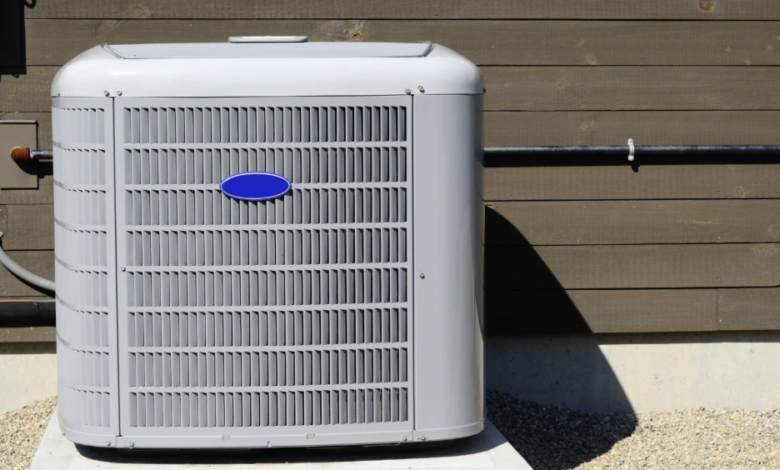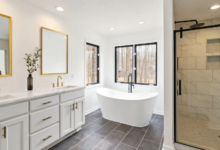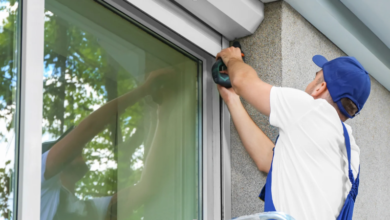How to Reduce HVAC Noise for a Quieter Home

Your HVAC system is responsible for keeping your home comfortable year-round, but when it becomes noisy, it can be a constant disruption. Rattling ducts, humming motors, and clanging vents are more than just annoyances; they could be signs of inefficiency or minor damage. Creating a peaceful home environment means identifying and addressing the sources of HVAC noise before they worsen.
Reducing sound starts with a professional evaluation. For homeowners looking to minimize disruption, working with specialists for HVAC in Virginia Beach can help uncover and resolve noise-related issues effectively.
Common Sources of HVAC Noise
Most HVAC systems produce some level of sound, but excessive or unusual noise is a red flag. Loose components, clogged filters, imbalanced fan blades, or poorly sealed ducts are all common contributors. In older systems, parts may vibrate or grind due to wear, while newer installations might simply be improperly sized for the space.
Ductwork is often the hidden culprit. When ducts are undersized or poorly supported, they expand and contract with temperature changes, producing popping or banging sounds. Similarly, if air pressure is too high, the force of airflow can create whistling through vents.
Furnace blowers and air conditioning compressors may also generate a persistent hum if they’re overworked or failing. These problems may begin subtly and worsen over time if left unchecked.
See also: How Home Interior Designers Can Enhance Your Property Value?
Why Professional Selection and Installation Matter
Installing or upgrading HVAC equipment should always be done by experienced technicians. A system that’s too large or too small can lead to excessive cycling, which is both noisy and inefficient. Proper installation ensures the unit runs smoothly and quietly.
When evaluating providers, understanding how to choose an HVAC contractor can help you find professionals who not only install the system properly but also identify ways to reduce unwanted noise during setup. They can also recommend additional components like noise-reducing mounts, insulated ducts, or quieter unit models designed for residential use.
Without this level of expertise, homeowners may end up with noisy systems that disturb sleep, concentration, or general well-being, especially in smaller homes or multi-room setups.
Maintenance as a Preventive Measure
Routine service is one of the most effective ways to minimize HVAC noise. Clean filters, lubricated motors, tightened bolts, and balanced fans all contribute to a quieter system. Over time, dust and wear can lead to airflow obstructions and increased vibration, both of which contribute to excess noise.
Professionals emphasize the importance of regular HVAC service for optimal performance, which goes beyond energy efficiency. It also ensures quieter operation and longer equipment lifespan. Regular maintenance appointments give technicians the opportunity to identify and fix small problems before they become disruptive or costly.
Upgrading old parts, adding duct insulation, or even relocating certain units away from bedrooms or living spaces are all options a professional may suggest to improve noise control.
Conclusion
A noisy HVAC system is more than just a nuisance; it may signal inefficiency, poor installation, or pending repairs. Identifying the source and addressing it promptly with professional support can transform your space into a more peaceful, comfortable environment.
With proper installation, the right equipment, and ongoing maintenance, your system can operate efficiently and quietly. For a better home experience, it’s worth taking the steps to silence the noise and restore calm throughout your living space.







